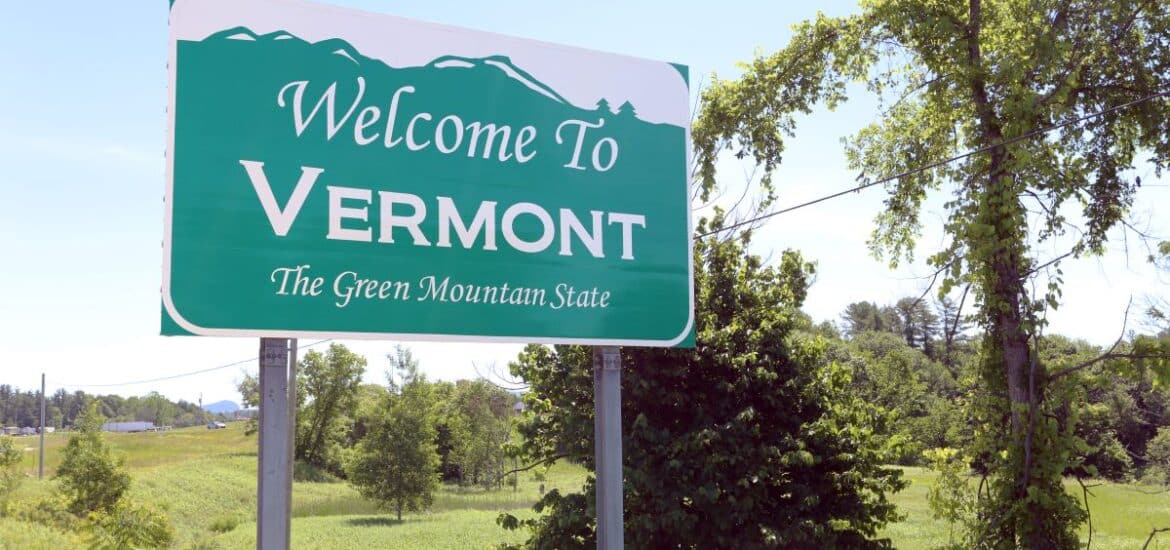Vermont is introducing a historic bill that would see a rise in tax payments from its wealthier residents in an attempt to fund issues brought on by the wide financial inequality in the state.
Vermont’s Progressive Stance on Wealth Tax

Vermont has introduced two bills aiming to impose wealth taxes on its wealthiest residents in its latest progressive act to combat taxes.
Growing Disparities
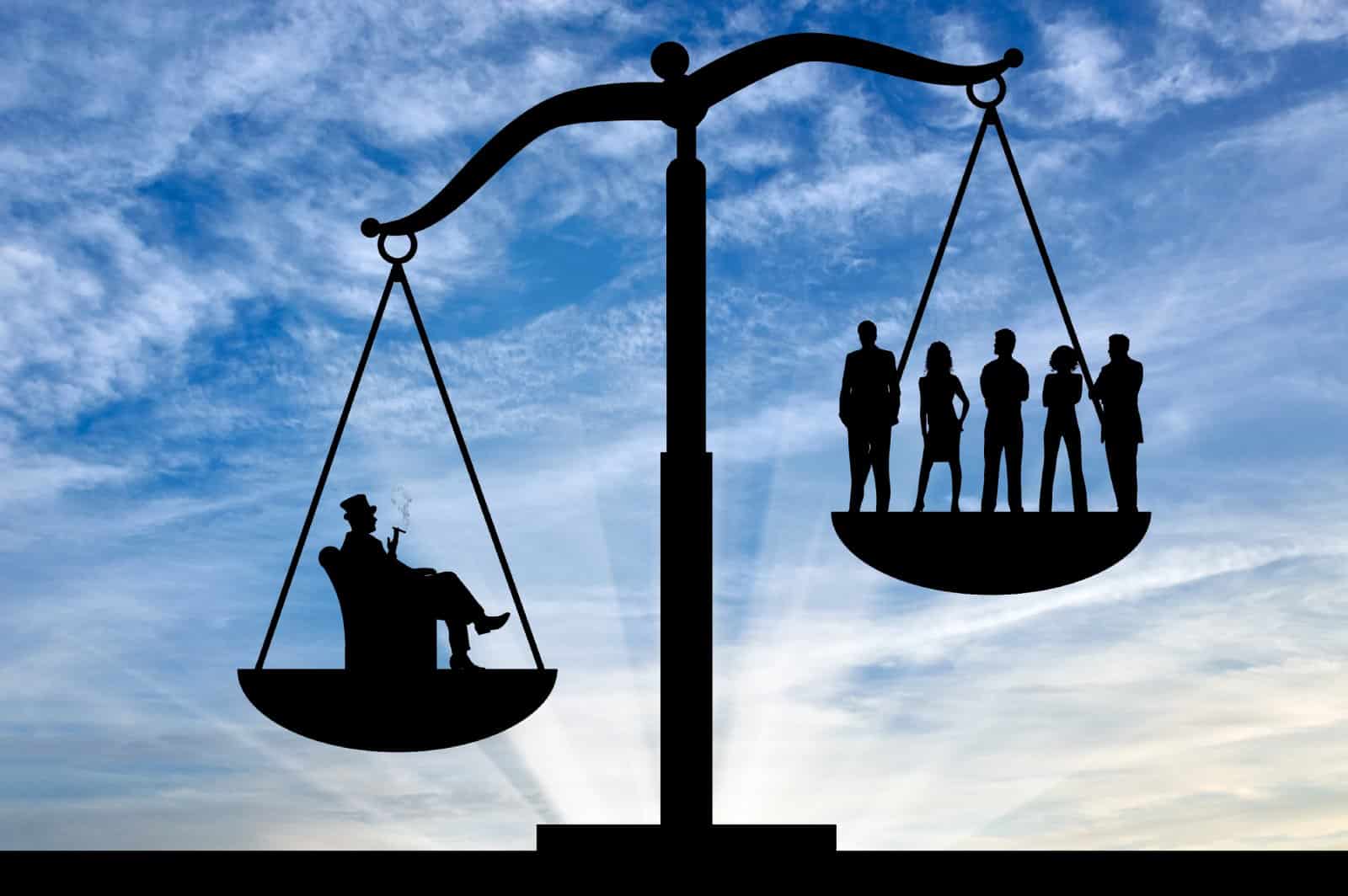
Vermont now needs to find new ways of generating income to fund the growing disparities and financial inequality among its small but divided population, which is why taxing the wealthy has been chosen.
Lawmakers Target Income Disparities
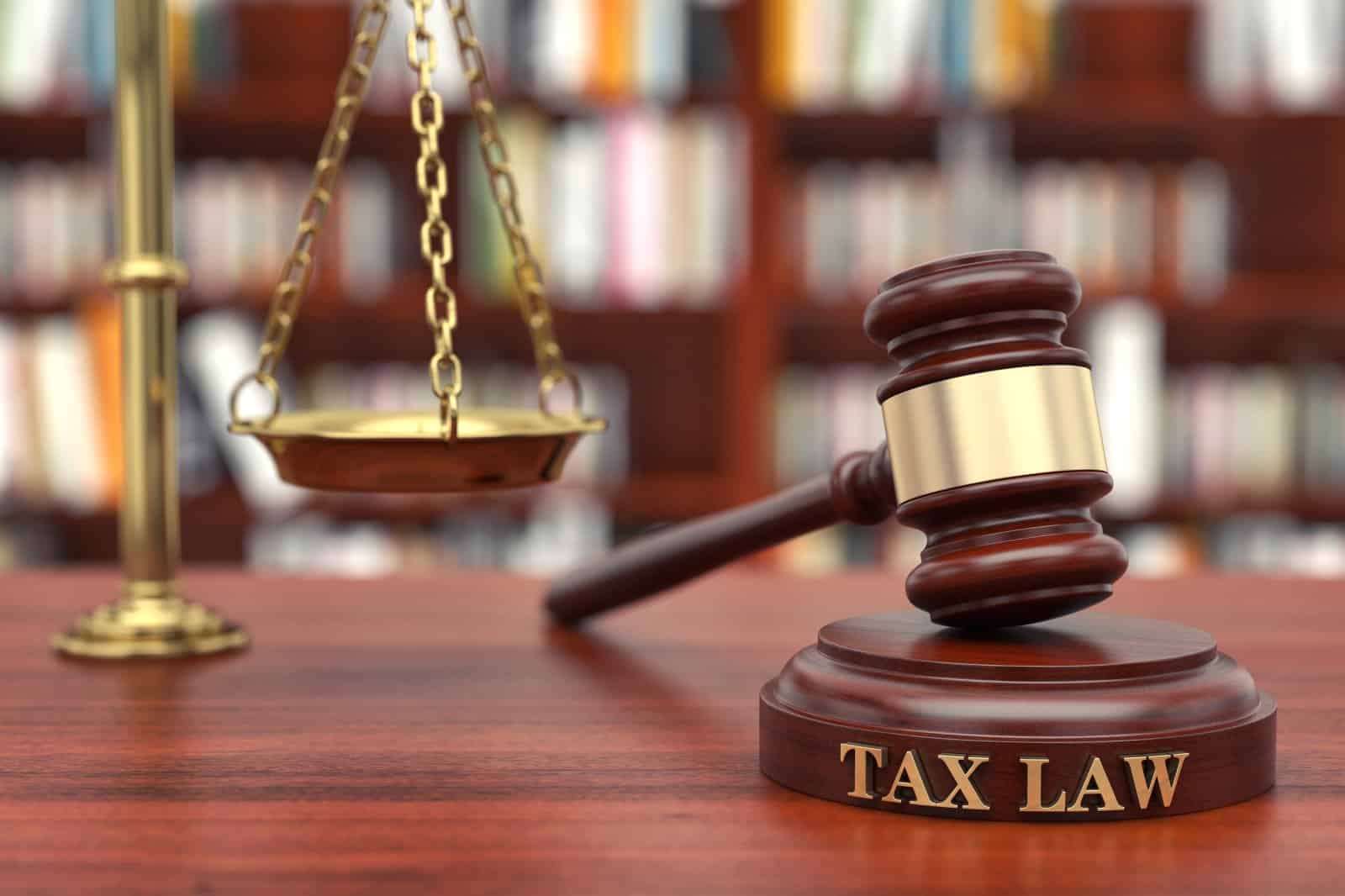
Lawmakers have proposed a 3% tax on individuals earning over $500,000 and an additional tax on capital gains above $10 million.
Vermont Needs More Income

A Vermont Rep. who supported the bills, Emilie Kornheiser, argued, “Vermont has significant unmet needs and must raise more revenue to adequately address those needs.”
Worrying Inequality Increasing in Vermont
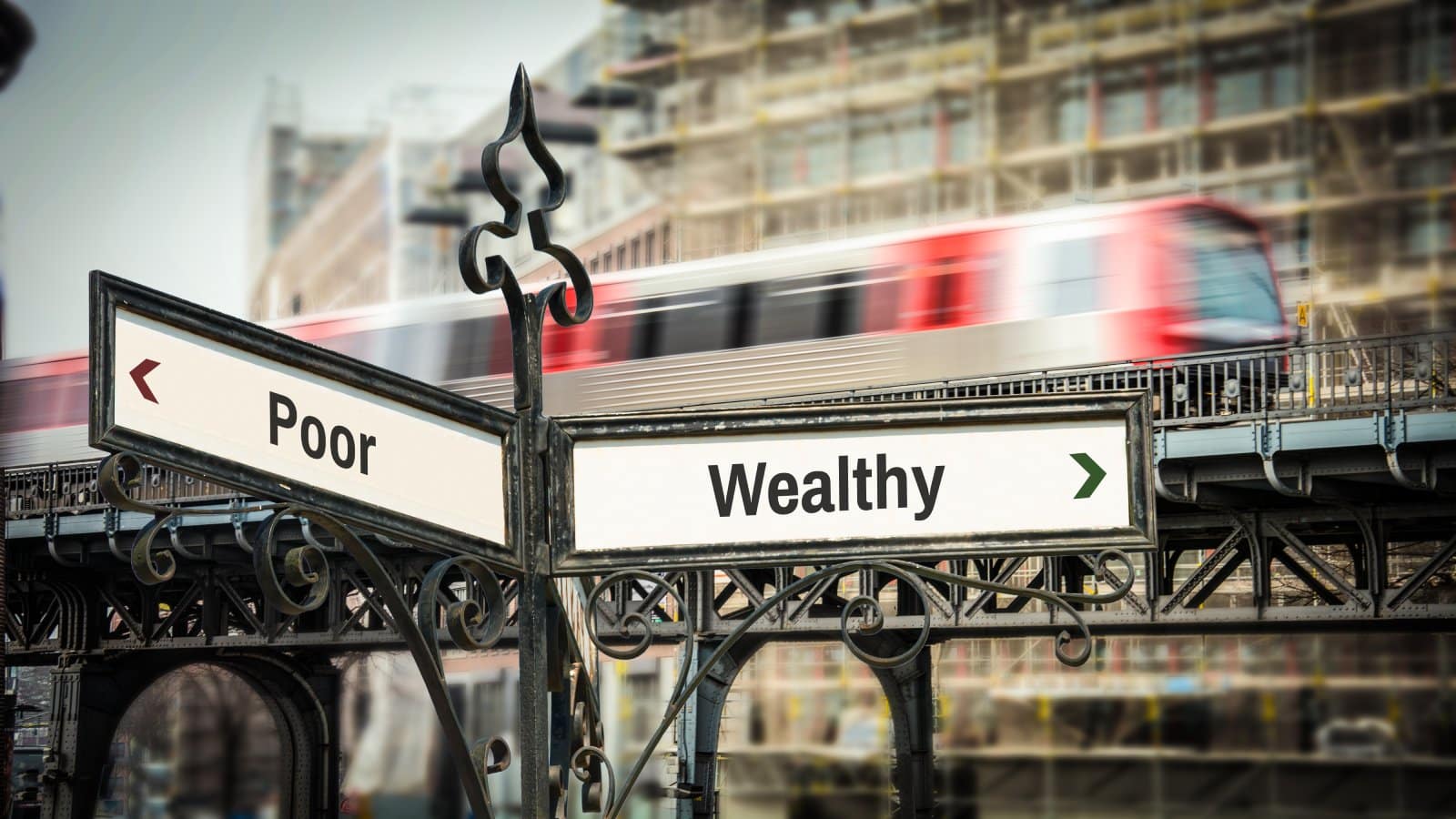
“At the same time, we know that economic inequality is increasing: The wealthiest Vermont residents are getting wealthier, while wages for the majority of Vermont residents are not keeping up with rising costs of living,” said Kornheiser.
States Proposing Wealth Taxes
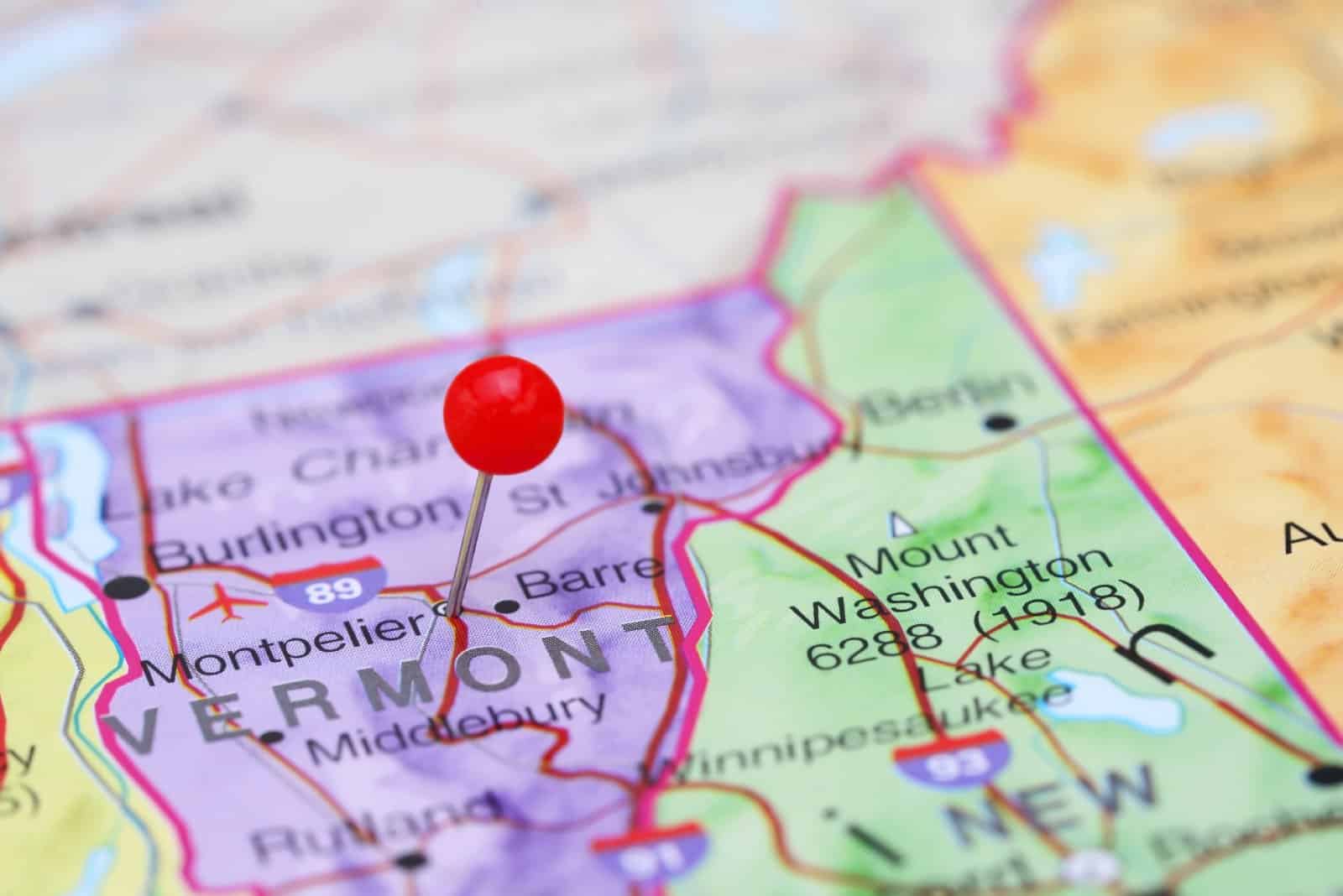
Eight states, including Vermont, and national figures like President Joe Biden and Sen. Elizabeth Warren have shown interest in supporting wealth tax proposals.
Massachusetts Exception
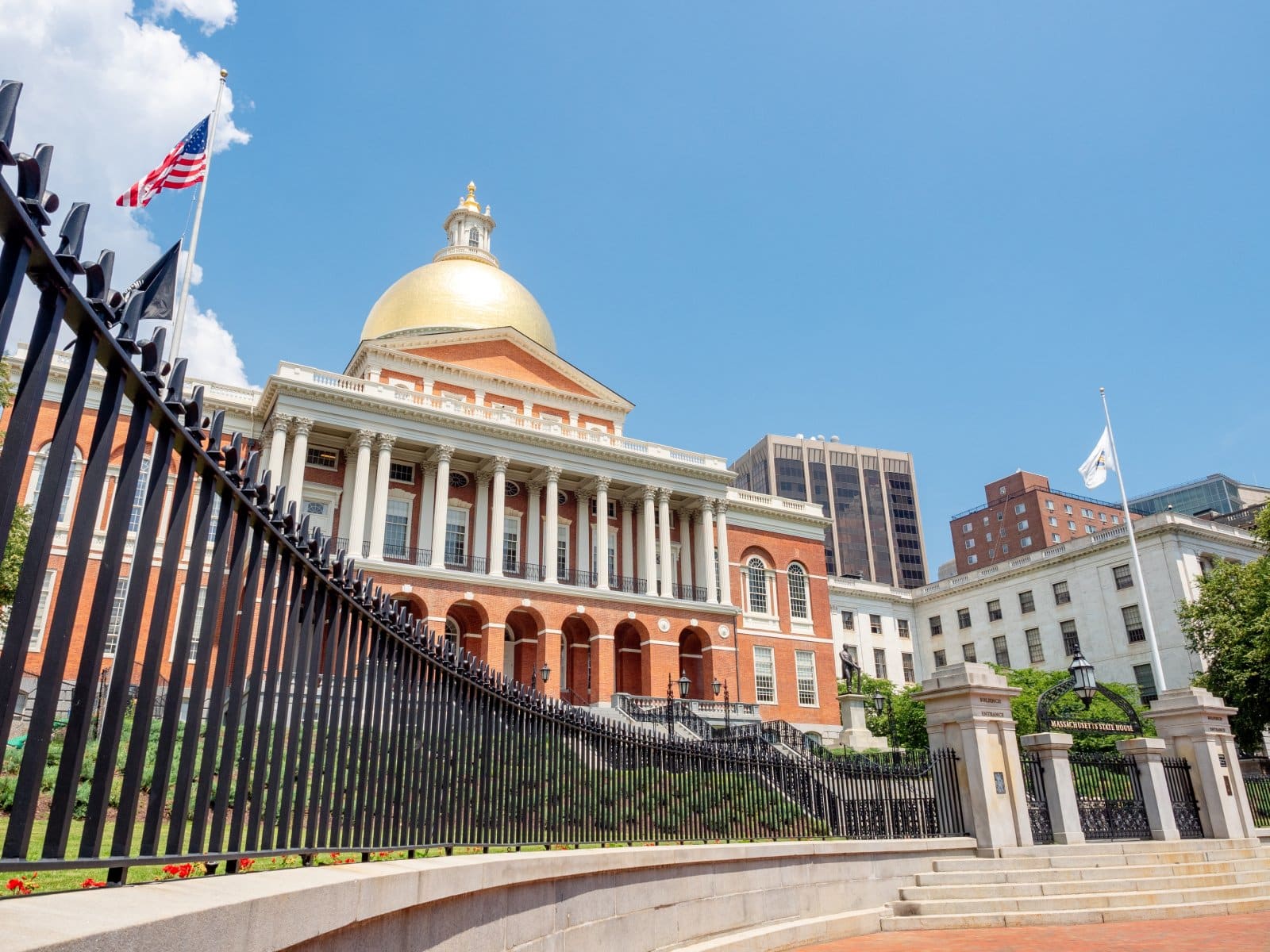
Massachusetts instituted a 4% “millionaire’s tax” in 2023, from which the revenue is being used to fund honorable causes such as free school meals.
Consolidation of Wealth at the Top
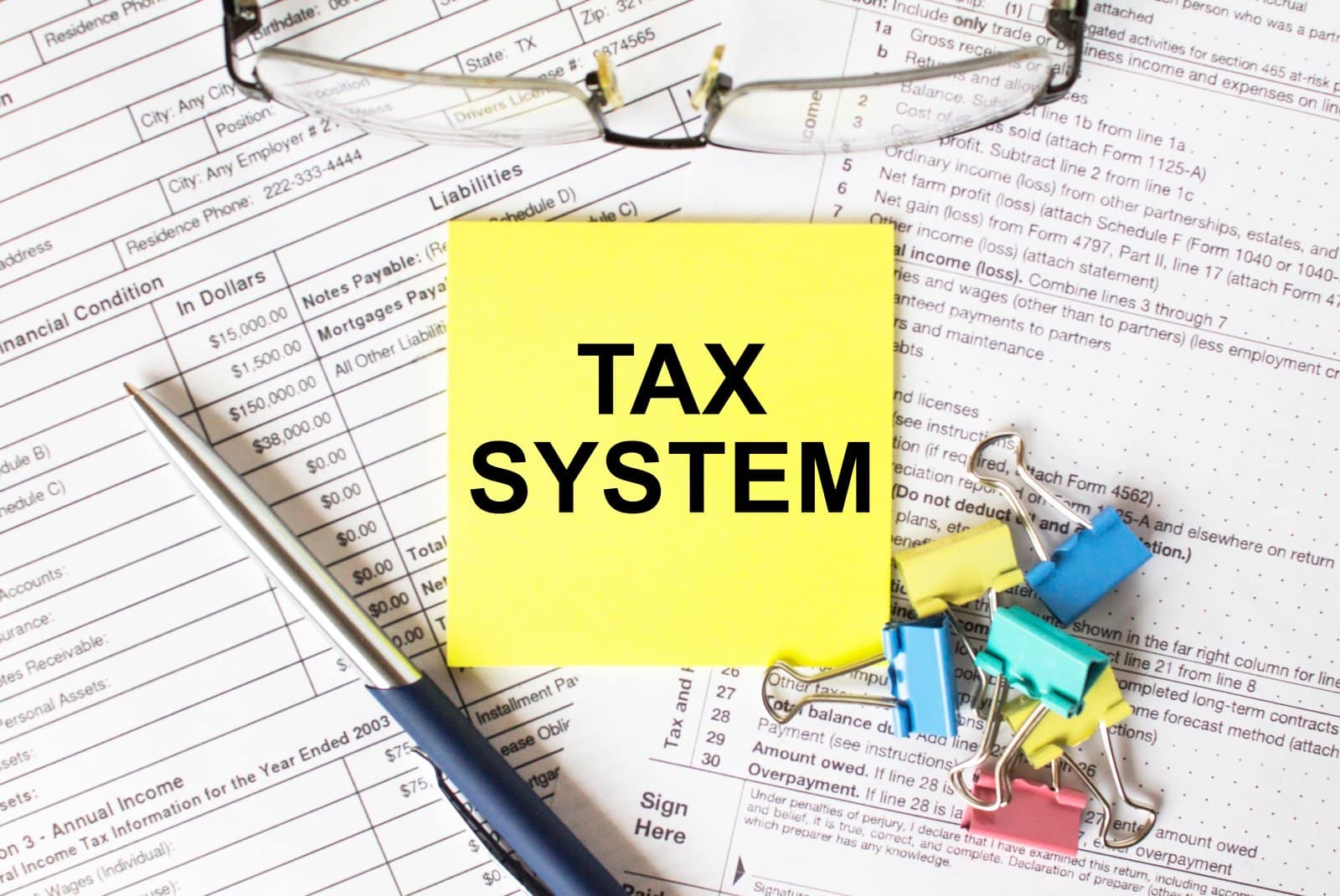
Vermont’s tax system “consolidates wealth at the top, which prevents the state from raising sufficient revenue while placing an undue burden on middle-class families,” said Kornheiser.
A Change In Heart
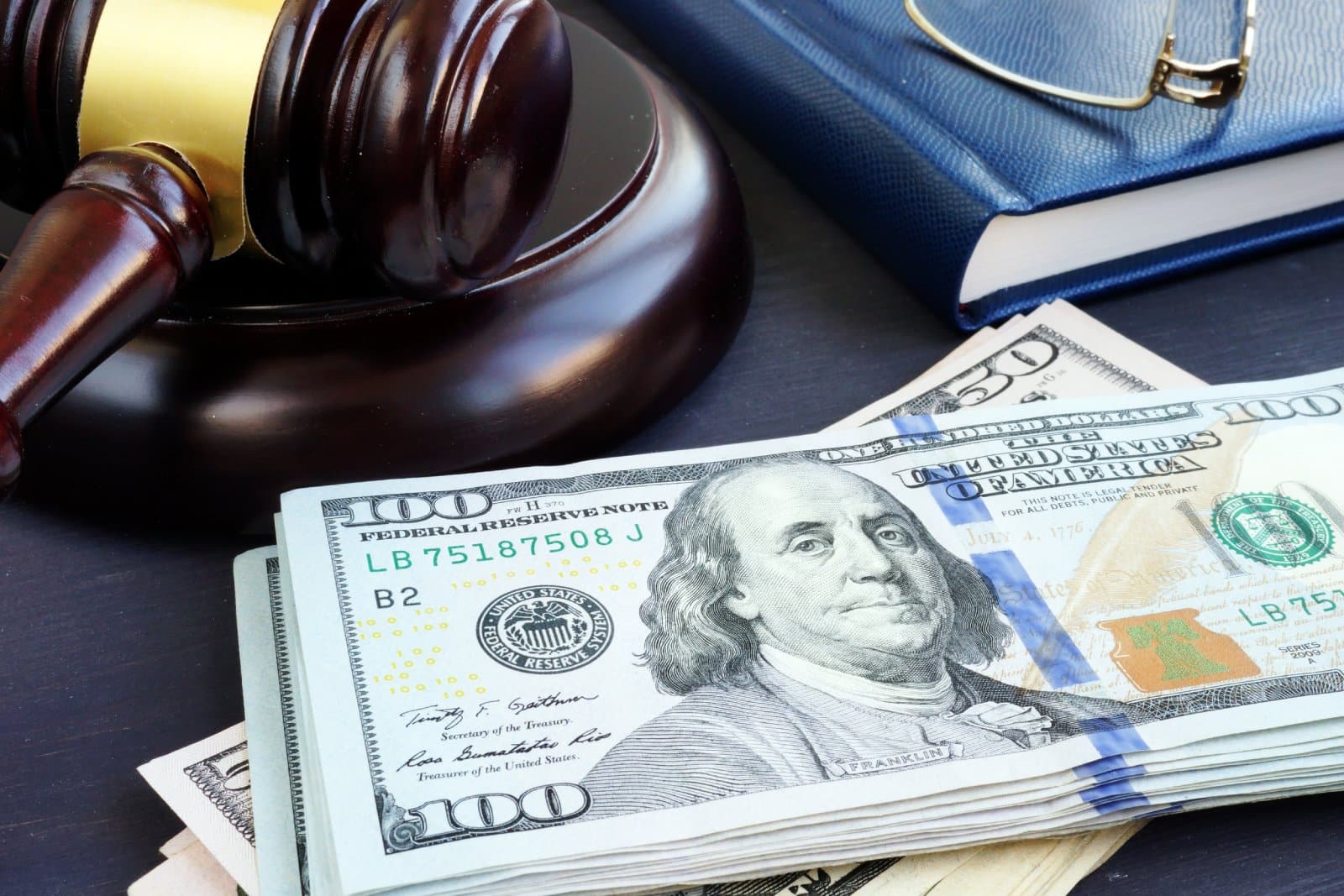
To resolve the lack of revenue, Korneheiser argued, “Our tax system additionally leaves a significant amount of wealth untouched,” meaning they should use this to fund important projects to help those less fortunate, especially children.
Wealthy Paying Lower Tax Rates

Across the U.S., the wealthiest individuals generally pay a lower share of their income in taxes compared to lower earners, with the top 1% of earners taxed 7.2% of their yearly income, as opposed to the lowest 20% of earners who pay 18%.
Disparities in State and Local Tax Rates

ITEP’s analysis revealed the top 1% in Vermont pay a combined effective tax rate of 10.1%, while middle-income earners face higher rates.
Wealthy Vermont Residents Taxed Lower
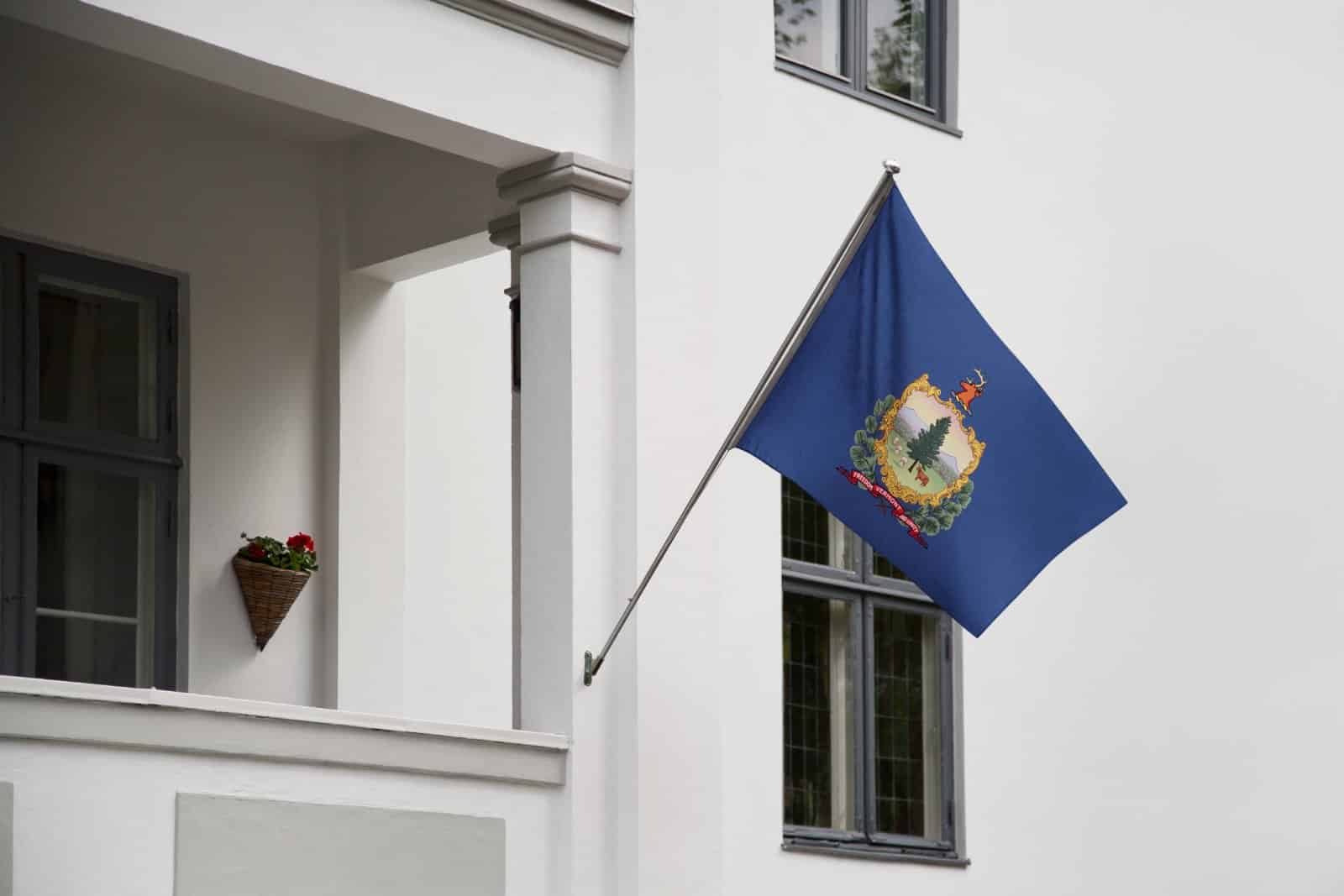
In Vermont, ITEP researcher Carl Davies noted that “The wealthiest Vermonters are paying lower rates than some middle-income earners,” aligning with the rest of the country, but that might be about to change.
Lack of Wealth Tax’s Impact on Public Funding

“We know that wealthy people receive a huge share of overall income, and so choosing to tax all that income at lower rates can really impact states’ ability to fund schools, parks, infrastructure and every other public service,” argued Davies.
Resistance to Tax Hikes
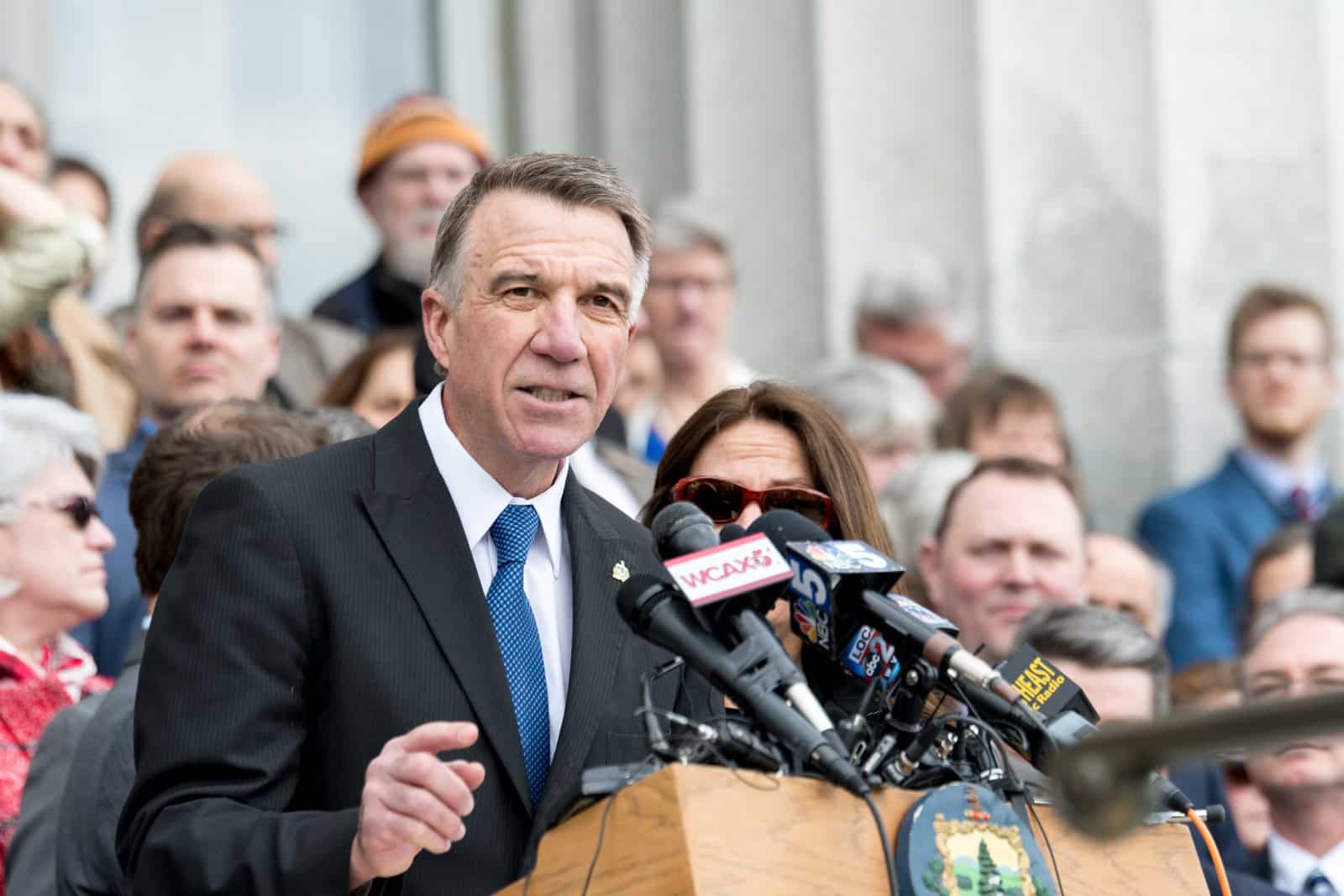
Vermont Governor Phil Scott, a moderate Republican, resisted tax hikes, suggesting that the current wealthy residents may flee, and potential ones may not migrate in the first place.
Rich People Fleeing?

Governor Scott worries that wealth taxes might lead affluent Vermonters to move to lower-tax states, impacting the state’s revenue, “Rich people moving because they didn’t like their tax bill…it’s not happening on a wide scale.”
Rich Americans’ Reluctance to Move

Despite Governor Scott’s concerns about wealthy residents migrating, new research suggested that wealthy Americans move less frequently than the general population.
Minimal Impact of Tax Bills on Migration
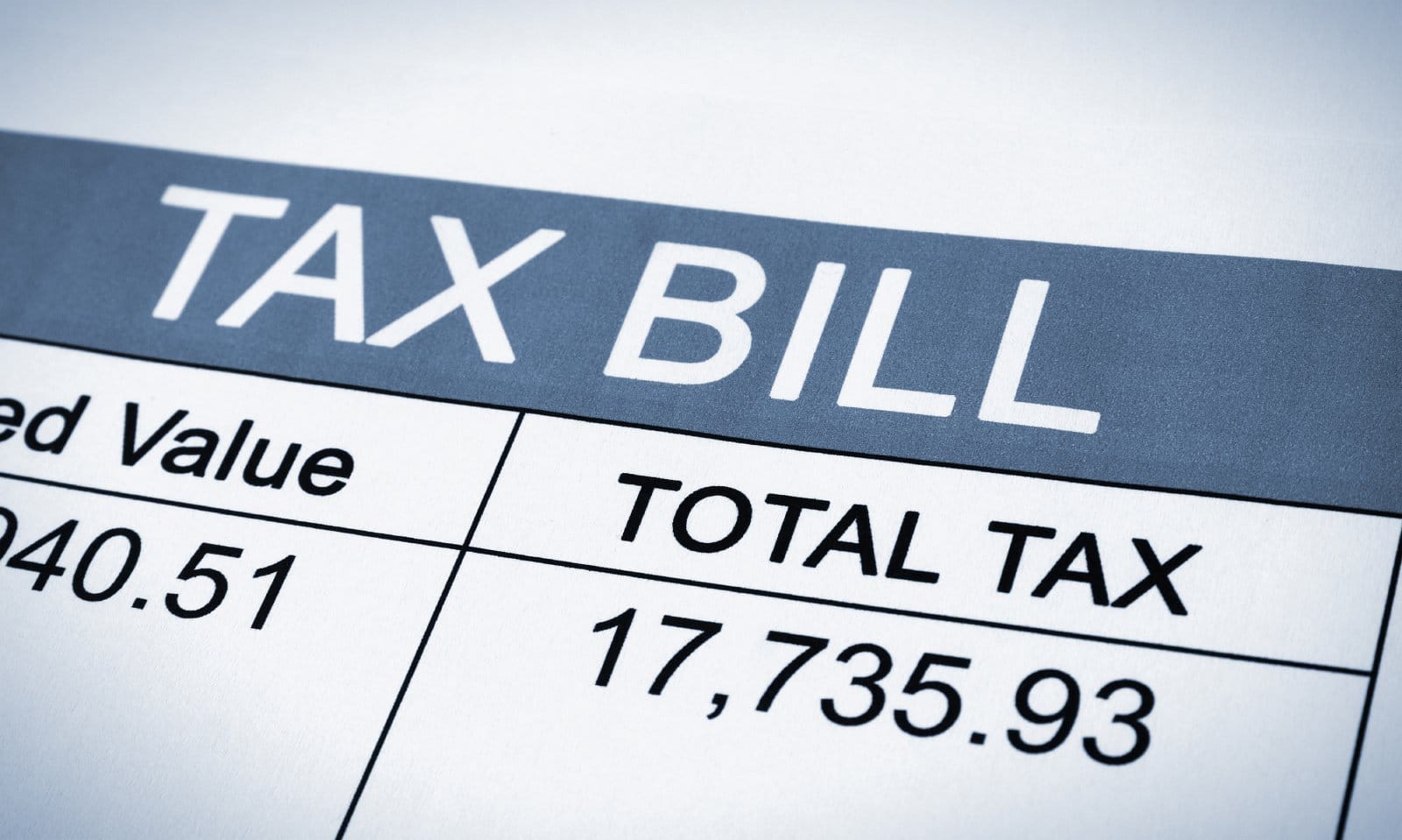
A 2016 study found that only 2.4% of millionaires migrated for tax reasons, indicating that such moves are exceptions rather than the norm.
Mythbusting Wealthy Migration

“We’ve all heard the anecdotes about rich people moving because they didn’t like their tax bill, but the data tell us that these stories are exceptions, and it’s not happening on a wide scale,” argued Davis.
Wealth Tax on Capital Gains

Vermont faces challenges proposing a wealth tax on capital gains, exempting most retirement accounts but targeting investment accounts above $10 million.
Future of Vermont and the US?
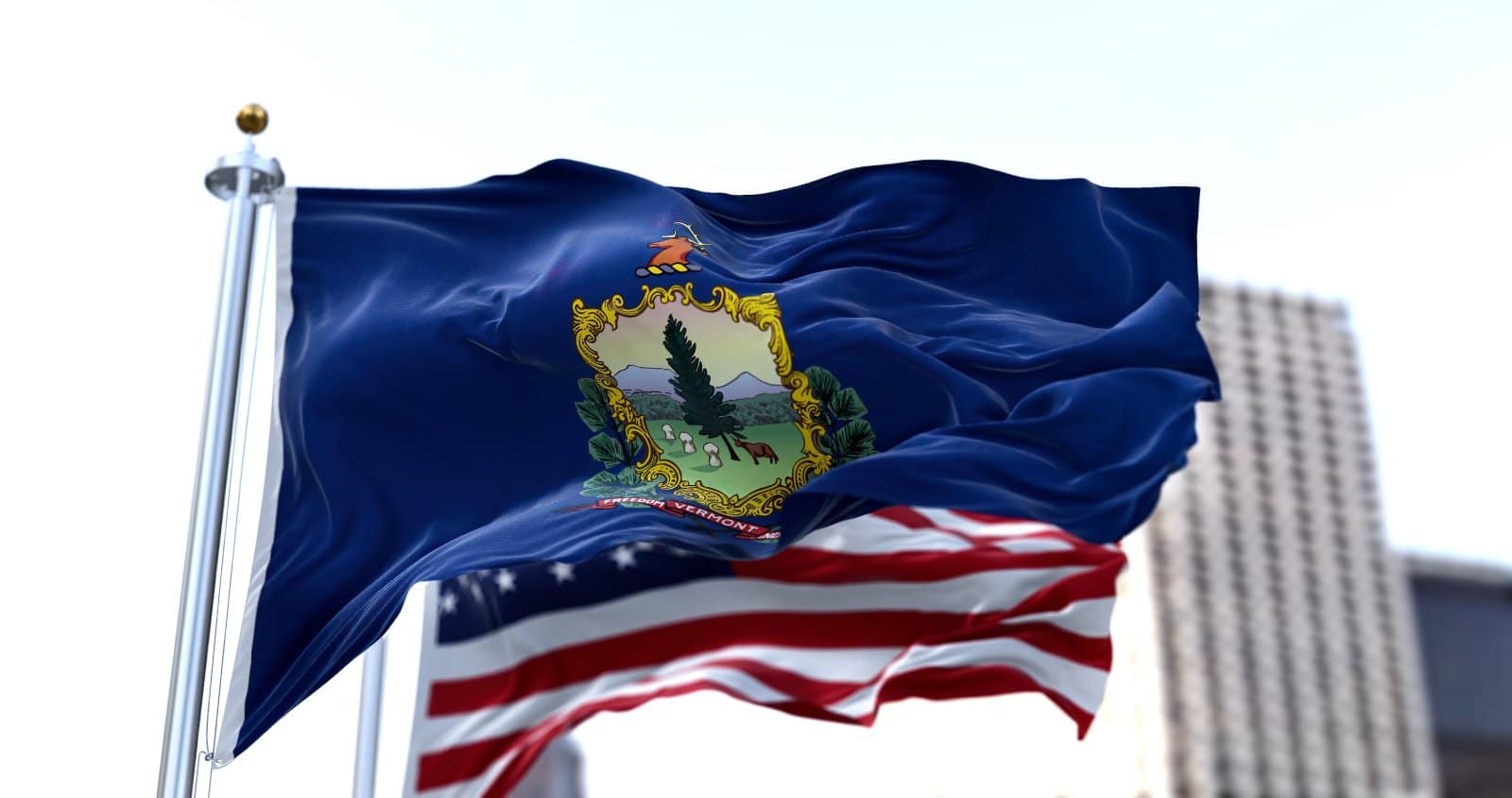
Although the idea of taxing the wealthy hasn’t followed suit in the rest of the country, it could be the future. According to CBS MoneyWatch, it’s what the people want, “Most Americans are in favor of raising taxes on the rich,” they said.
21 States Where Squatters Can Legally Claim Your Property

Discover how squatters’ rights, or adverse possession, are more than just legal jargon—they’re stories of unexpected twists in the world of real estate. From sunny California to the historical landscapes of Pennsylvania, here’s how these laws could turn the tables on homeowners and squatters alike. 21 States Where Squatters Can Legally Claim Your Property
14 Things That Are Banned in the U.S. but Totally Fine Elsewhere

Ever feel like America’s rulebook was written by someone with a dartboard? Across the pond or down under, things get even wackier. Let’s take a walk on the wild side of global “Do’s” that are definite “Don’ts” in the Land of the Free. 14 Things That Are Banned in the U.S. but Totally Fine Elsewhere
25 American States Nobody Wants to Visit Anymore
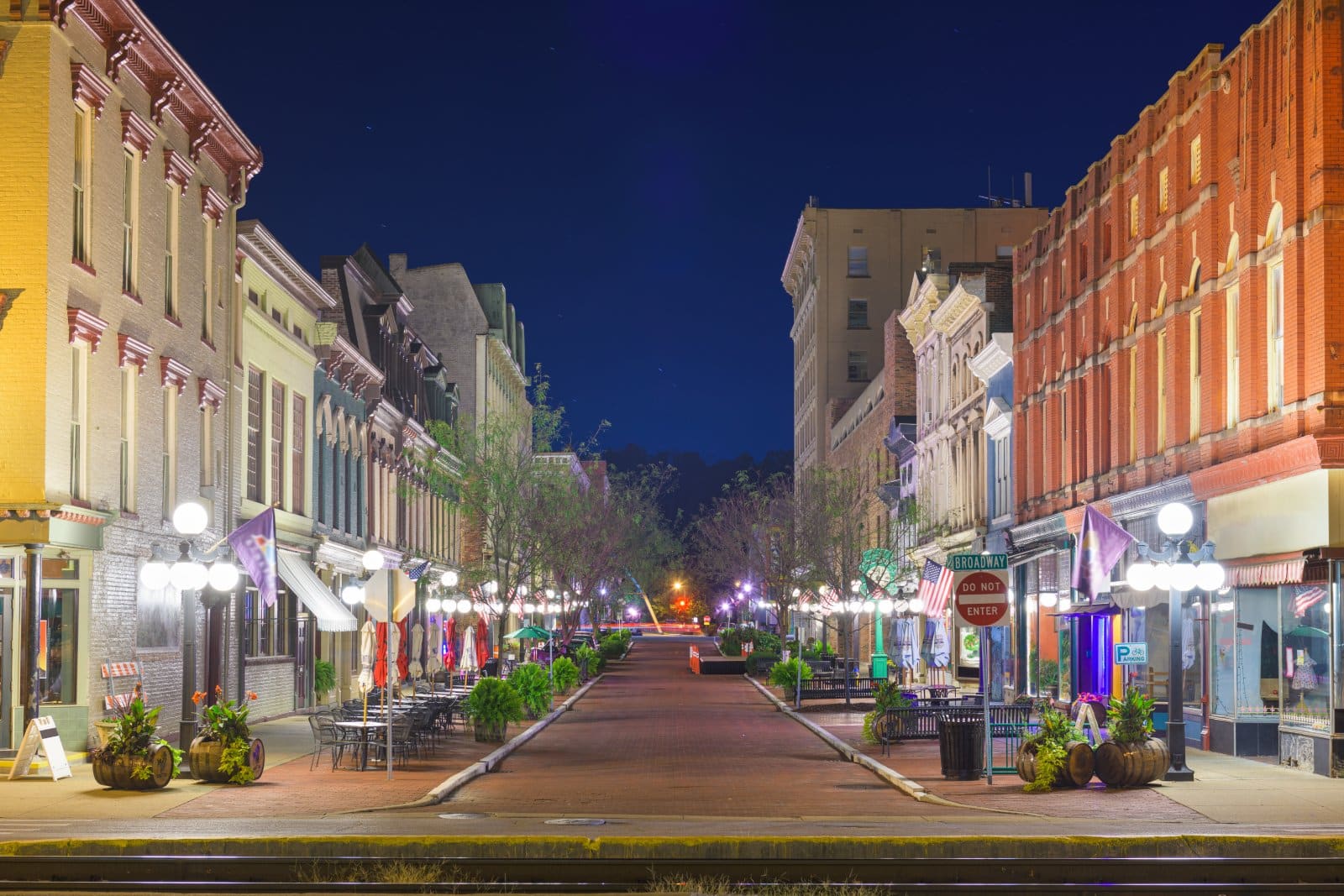
Across the United States, some states capture the hearts and itineraries of many, while others remain quietly on the sidelines, overshadowed or misunderstood. These 25 states, facing what you might call a popularity crisis, are brimming with hidden wonders, cultural riches, and natural beauty, awaiting those willing to look beyond the usual tourist trails. 25 American States Nobody Wants to Visit Anymore
20 Foods That Are Cheaper to Eat Out Than Making at Home

In a world where convenience often wins, certain culinary delights come with a lower price tag when enjoyed at a restaurant rather than crafted in your own kitchen. Here are twenty foods that might save you both time and money when indulged in at your favorite eatery. 20 Foods That Are Cheaper to Eat out Than Making at Home
17 Things You’re Paying For, but You Don’t Have To

In the land of the free, there’s a price tag on everything, but savvy Americans know better than to open their wallets for just anything. Here are 17 expenses you’ve been shelling out for without realizing there’s a cheaper or even free alternative. 17 Things You’re Paying For, but You Don’t Have To
The post Vermont’s Wealth Tax Aims to Reduce Economic Disparity first appeared on From Frugal to Free.
Featured Image Credit: Shutterstock / Katherine Welles.
The content of this article is for informational purposes only and does not constitute or replace professional financial advice.
